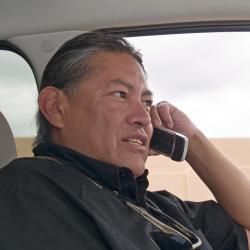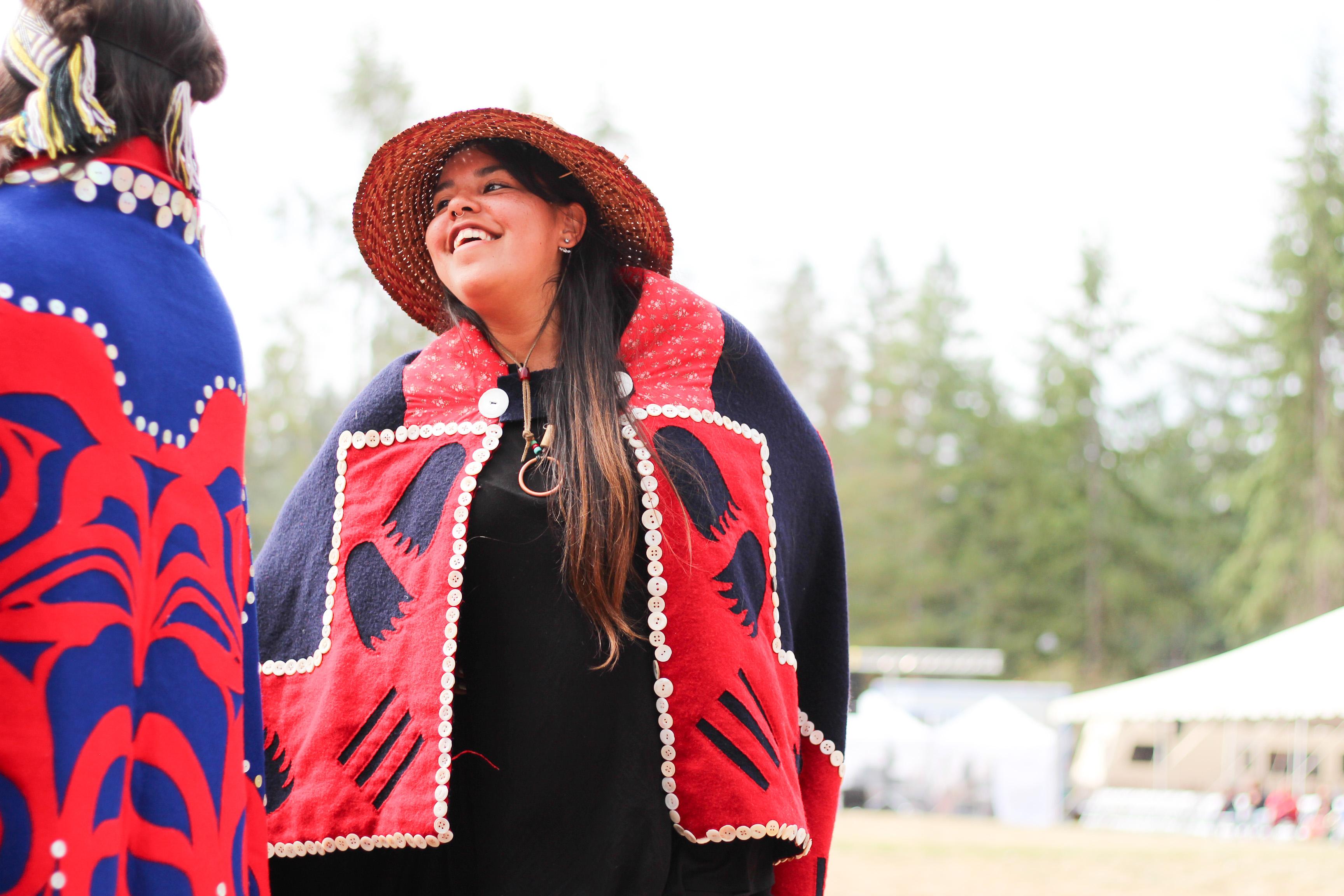Tribal Relations


Strong relationships with tribal governments, states, and local governments are necessary to achieve mutual goals and ensure the needs of all people are met. State agencies have a responsibility to create intergovernmental systems, policies, and processes for inclusive decision-making, respectful communication, and resolving mutual areas of concern. The Office of Equity supports state agencies in areas that include, but are not limited to:
- Centennial Accord Plans
- Land Back
- Tribal liaison positions
- Culturally relevant and responsive services
- Dispute resolution protocol
- Fair and equitable interlocal agreements
- Indigenous Data Sovereignty
The Washington State Office of Equity champions equity and justice for American Indian/Alaska Native people and celebrates the rich American Indian/Alaska Native heritage that has shaped the state’s history and is instrumental to its future success.
We recognize the value and dignity of American Indian/Alaska Native people and work to ensure that every American Indian/Alaska Native person has equitable access to the opportunities, power, and resources they need to succeed and are welcomed, supported, and feel a sense of belonging when working in or seeking assistance from state agencies.
We count on the commitment, partnership, and support of American Indian/Alaska Native people, tribes and leaders – across the state, inside and outside of state government, - in this important work of dismantling the historic, systemic, power dynamics that oppress American Indian/Alaska Natives, while building new systems and safeguards that advance representation and ensure American Indian/Alaska Native access to participation in all aspects of society (such as, government, business, education) until each and every American Indian/Alaska Native person in the state flourishes and achieves their full potential.
Who We Are
Washington, with beautiful landscapes from the beaches of Neah Bay to the rolling fields of Asotin and every place in between, is home to a beautiful tapestry of people seeking to make a life for themselves and a better future for their children, grandchildren, and generations to come. Yet, American Indian/Alaska Native people still do not have the same opportunities to thrive as their nonmarginalized counterparts across nearly every measure including education, wealth, employment, health, and more. Inequities continue to be deep, pervasive, and persistent, and they come at a great economic and social cost.
The Washington State Office of Equity partners with numerous internal and external stakeholders to receive anti-racist, decolonized, disaggregated data in order to produce relevant information that results in American Indian/Alaska Natives having full access to the opportunities, power, and resources they need to flourish and achieve their full potential.
Washington State has 36 Native American tribes, 29 of which are federally recognized, meaning that they have a special, legal relationship with the U.S government, also known as a government-to-government relationship.
Recognizing Milestones
History matters. Not only does it show where we have been, it explains why things are the way they are. When it comes to building a more equitable and just world for everyone, everyday actions -- the large and the small -- matter. The Washington State Office of Equity honors the contributions of American Indian/Alaska Native people who, through their actions, made this state and nation a better place to live. We appreciate the everyday actions -- the large and the small -- American Indian/Alaska Native people take to live, love, and thrive in safety and authenticity.
One of the key shapers of Washington and Seattle history is Chief Si’ahl, also known as Chief Seattle. Read about Chief Si’ahl. Born around 1786 to Suquamish Chief Schweabe and a Duwamish mother, he delivered a stirring speech during the 1854 treaty negotiations with the governor of Washington Territory, one that continues to be recognized as one of the greatest statements ever made regarding the relationship between a people and the earth. Read Chief Si’ahl’s 1854 speech.
Seattle, one of Washington’s key cities, is named after him and a statue of him resides near the Space Needle in Seattle.
Legal Authority
Often, in the United States, the guarantee of human rights starts with recognition in the law. The Washington State Office of Equity champions equity and justice for everyone in the state, working to ensure that the civil rights of American Indian/Alaska Native people are protected based on the law. We are committed to promoting policies and laws in Washington state that protect the human rights of American Indian/Alaska Native based on principles of humanity, justice, and belonging.
Below are treaties and laws that protect the human and civil rights of American Indian/Alaska Native people.
- Quinault
- Medicine Creek
- Point No Point
- Neah Bay
- Walla Walla
- Yakama
Resources
Check out the resources below to learn about groups directly involved in creating a just and equitable experience for American Indian/Alaska Native people. Visit Resources to explore resources for self-education and personal development.
- Governor’s Office of Indian Affairs
- Washington Tribes
- Civil Rights Resource Guide (Office of the Attorney General)
- Frequently Asked Questions
